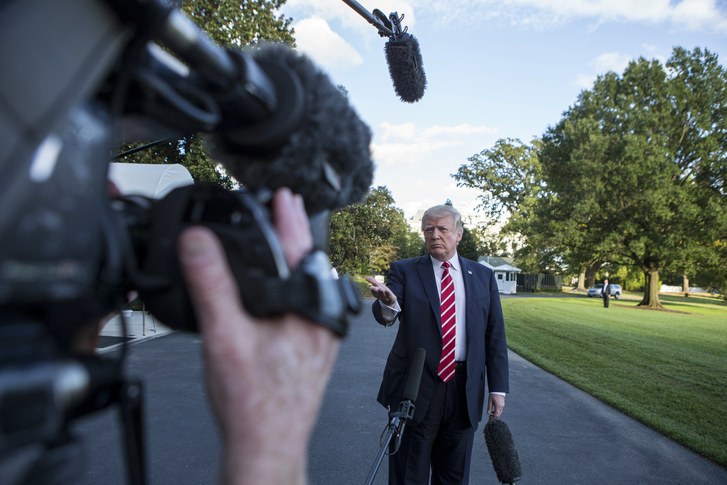Should documentaries be part of our reading lists?
In this increasingly digital age, it’s not so surprising that we consider the addition of less traditional tasks on our ‘reading’ list, for example, the introduction of documentaries, or some form of video learning. Some of us may already use YouTube for explanations of complex concepts that you don’t understand, getting ideas for your essays, as well as general revision tips, but what are the benefits are being formally told to watch a documentary for your course, or at least having them suggested as ‘supplementary’ viewing?
On the one hand, documentaries may provide a refreshing break from the pages and pages of reading that some of us must read for our course, with the change in medium making us more likely to be interested and engaged, and therefore taking the information in better. This is obviously a benefit to our learning. The language in documentaries can also be easier to understand compared to the flowery language of some literary essays and the many-claused sentences. Documentaries are also a more relaxing way to gain historical context both for a better understanding of your course, in general, and providing background knowledge for your essays. It seems preferable to searching aimlessly in the library, then trawling through tomes to find what you need. Furthermore, documentaries also tend to provide more up–to–date research which can make it more relevant for your course.
Arguably though, if your notes are good enough when you watch the first time round, they should be sufficient for revision.
However, the disadvantage of documentaries is that they may be less in-depth, compared to academic articles. They may also be less transferable to an essay, fiddlier to reference and are more difficult to look back at when revising – you can’t exactly just ‘flick through’ it. Arguably though, if your notes are good enough when you watch the first time around, they should be sufficient for revision. Another downside to documentaries is that they may be more time-consuming than reading as people can read faster, but you can’t really ‘watch faster.’ It might also be more difficult to sit down and watch a whole documentary, compared to a few pages here and there.
A bigger issue is that it may also be easier to switch off while watching a documentary, and not realise it, than switching off while reading and not noticing, as I would say watching is more passive than reading. Students also might not take documentaries as seriously as a traditional reading list and might not even watch them. This would be an issue but has less to do with the documentary as a medium of learning but the attitude towards them. Another disadvantage of documentaries is technological problems. Although this can happen with a ‘normal’ reading list, with e-books and online articles, there are usually alternatives, but sitting there and reading the transcript, arguably defies the point of a documentary.
Rather than having to watch a whole documentary, certain sections of it might be better, just as we are not always expected to read the whole book.
In conclusion, there are a number of pros and cons of introducing documentaries onto our reading lists, but when it comes down to it, personal learning style is going to be what makes them beneficial to some, and less useful for others. Personally, I think if documentaries were put on the list of required ‘reading,’ they shouldn’t be too long, so there’s less information to filter through, and it’s easier to stay focused. Rather than having to watch a whole documentary, certain sections of it might be better, just as we are not always expected to read the whole book. I believe that there is value to documentaries as, in spite of being less academic sometimes, perhaps, they can provide an alternative perspective as well as delivering the information in a refreshing way. However, I doubt they could ever replace books and academic articles entirely.

Comments
Comments are closed here.